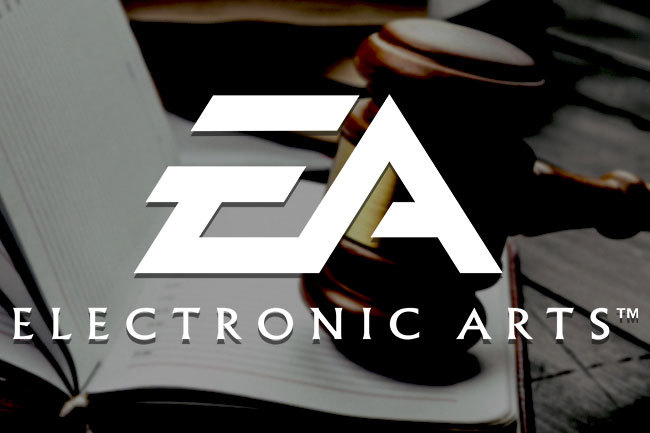Electronic Arts Inc. and Electronic Arts Canada Inc. face a class-action lawsuit in Canada, targeting the loot boxes the video games come with. The BC Supreme Court registry in Vancouver recently saw the filing of a corporate claim in relation to the special randomized boxes coming with some games. The plaintiffs argue that they constitute a form of gambling offered to children and adolescents.

For years now, loot boxes coming with some video games have been targeted by the public, as their random nature and the fact that they require in-game purchase resembles gambling. The loot box itself is a consumable virtual item that can be redeemed to receive a randomized selection of further virtual items. It often brings new equipment or customization options.
Legal Action

Customizing one’s character in a game is often perceived as a way to level-up, but their opponents claim that these “pay-to-win” features favor players who spend real money on said loot boxes. Star Wars Battlefront II was one of the highly criticized games introducing loot boxes with expanded functionality.
Canada might be on the verge of chance, as this class-action lawsuit will aim to work on the ways in which loot boxes affect the population. Mark Sutherland and Shawn Moore are the plaintiffs claiming that the gambling factor is part of these in-game purchases. The lawsuit claims damages for unjust enrichment arising from Electronic Arts’ offering which allegedly constitutes an illegal gambling system embedded in video games the defendant offers. The lawsuit names upwards of 60 titles part of EA’s portfolio.
The plaintiffs claim that the gambling nature of these loot boxes comes from the use of real money and the randomized nature of the eventual prize coming with them. There is an element of chance there, classifying them as a game of chance that has not been regulated and goes against the Criminal Code of Canada. The class-action lawsuit was filed on September 30, 2020.
Criminal Code of Canada
Games to the likes of Madden, FIFA, NHL, Apex Legends, Mass Effect, Need for Speed, Plants vs Zombies, the Battlefield series, and many more have been included in the lawsuit, spanning all the way back to 2008. Mr. Sutherland and Mr. Moore claim that EA is essentially a gambling operator without a license issued by the Canadian government. Moreover, they claim that there is a breach of the BC Consumer Protection act.
The class-action lawsuit claims that there are concealed loot box odds which further affect a player’s chances of claiming a fair prize for their money. The Notice of Civil Claim gives EA three weeks to file a response. Once a class certification has been granted down the line, a public hearing would take place.
The summer of 2020 saw a report prepared on behalf of the European Parliament Committee on the Internal Market and Consumer Protection, claiming that these loot boxes have “problematic design features” that create an “irresistible urge to play” and that consumer protection is necessary. At the moment, the United States feature no laws targeting said loot boxes.



















